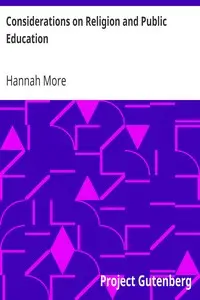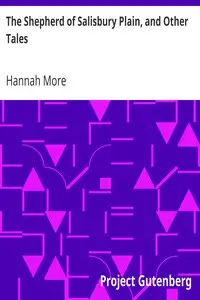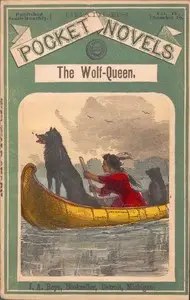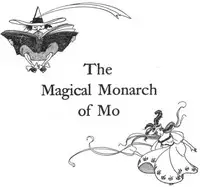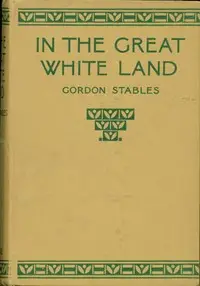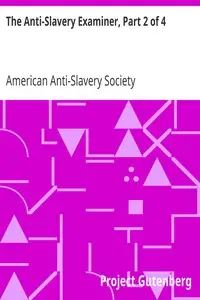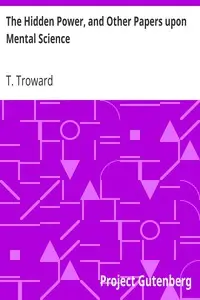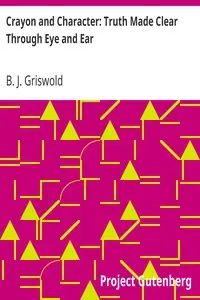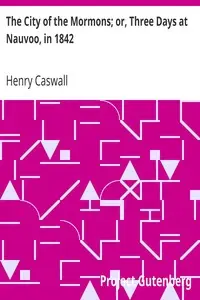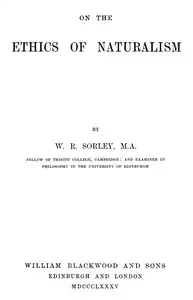"Coelebs In Search of a Wife" by Hannah More is a novel written in the early 19th century. This work delves into explorations of love and marriage, framed through the experiences and insights of the main character, Charles, a young man seeking a suitable partner after being influenced by his parents' values. The narrative weaves together domestic life, social commentary, and reflections on the attributes of a good wife, addressing themes of character, virtue, and the societal expectations of women. The opening of the novel introduces Charles, who reflects on his upbringing and the values imparted by his parents, particularly regarding the qualities he seeks in a wife. Following the loss of both his father and mother, he is motivated to find a partner who embodies both grace and intelligence. As he prepares to venture into the broader society, he grapples with the tension between his expectations and the realities of the women he encounters. The opening chapters set a thoughtful tone, emphasizing the importance of moral character and personal compatibility in marriage, and lay the groundwork for Charles's journey of courtship and self-discovery amid societal norms and personal ideals. (This is an automatically generated summary.)

Coelebs In Search of a Wife
By Hannah More
"Coelebs In Search of a Wife" by Hannah More is a novel written in the early 19th century. This work delves into explorations of love and marriage, fr...
Hannah More was an English religious writer, philanthropist, poet, and playwright in the circle of Johnson, Reynolds and Garrick, who wrote on moral and religious subjects. Born in Bristol, she taught at a school her father founded there and began writing plays. She became involved in the London literary elite and a leading Bluestocking member. Her later plays and poetry became more evangelical. She joined a group opposing the slave trade. In the 1790s she wrote Cheap Repository Tracts on moral, religious and political topics, to distribute to the literate poor. Meanwhile, she broadened her links with schools she and her sister Martha had founded in rural Somerset. These curbed their teaching of the poor, allowing limited reading but no writing. More was noted for her political conservatism, being described as an anti-feminist, a "counter-revolutionary", or a conservative feminist.

